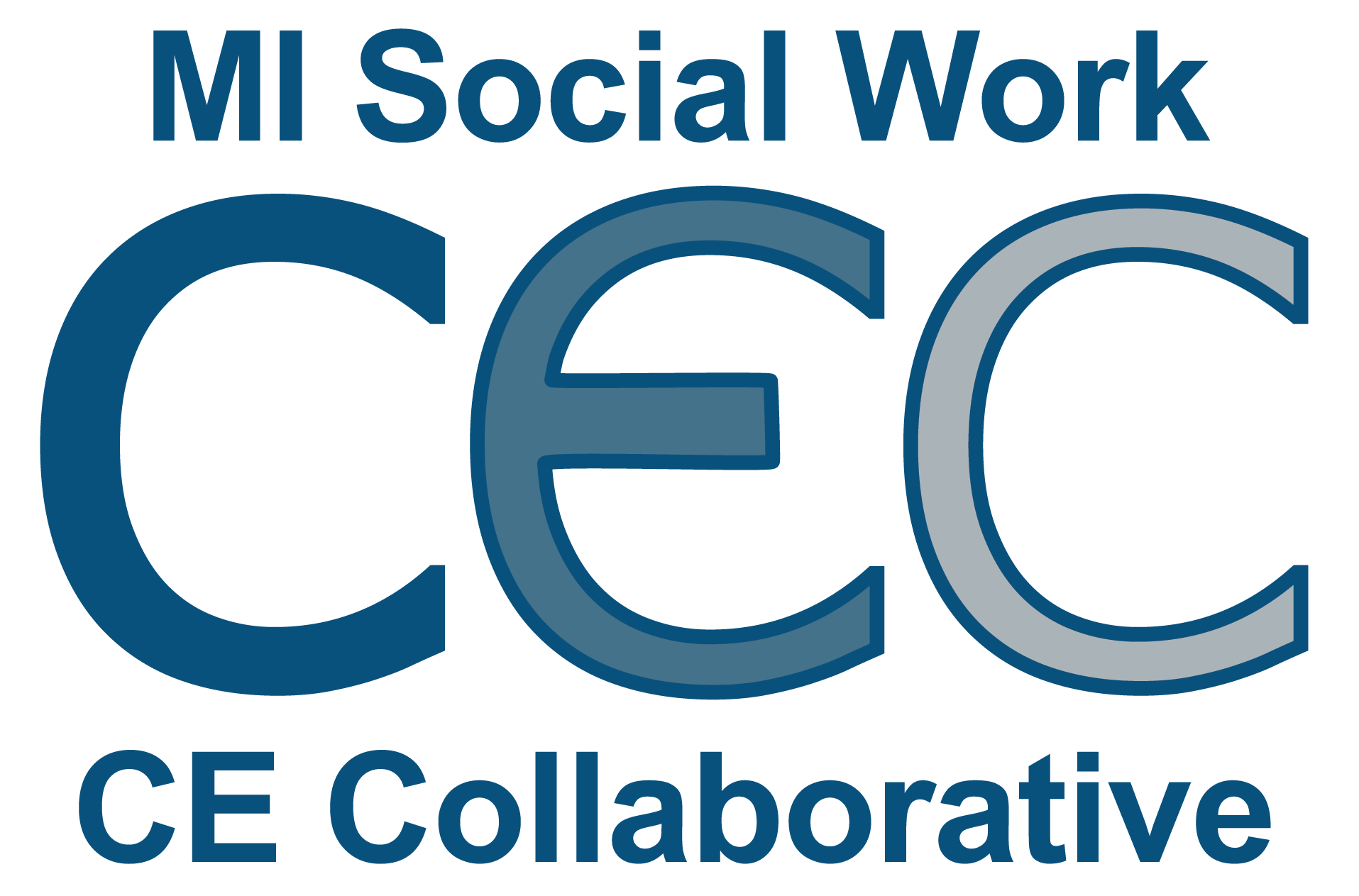Third Annual: A Friday for Therapists Polyvagal Theory in Therapy: Practical Applications
Course Description:
The autonomic nervous system is at the heart of daily living powerfully affecting our clients’ sense of safety and influencing their capacity for connection. Polyvagal Theory, developed by renowned scientist Stephen Porges, provides a map of the autonomic circuits that underlie behaviors and beliefs and an understanding of the body to brain pathways that give birth to our clients’ stories of safety and survival.
Clients come to treatment with a compromised ability to regulate their autonomic responses. The response patterns that were once adaptive and necessary for survival now bring suffering. Without intervention, adaptive survival responses become habitual autonomic patterns and pathways of connection are replaced with patterns of protection. Guided by Polyvagal Theory, we have a deep understanding of the ways experience shapes the nervous system. When we look to the autonomic nervous system we have a roadmap to creating new, resourcing patterns of connection and can reliably lead our clients into the autonomically regulated state of safety that is necessary for successful treatment.
A Polyvagal Theory informed approach to therapy begins with helping clients map their autonomic profiles and track their moment-to-moment movement along the autonomic hierarchy. With this foundation, the essential clinical questions address how to help clients interrupt habitual response patterns and find safety in a state of engagement. Using the principles of Polyvagal Theory, therapists have a guide to becoming a regulated and co-regulating resource, practical ways to effectively help clients identify and interrupt their familiar response patterns, and strategies to shape their autonomic nervous systems toward safety and connection.
Working with the autonomic nervous system brings the science of safety into practical application. When we speak the language of the nervous system, we can help clients safely tune into their autonomic states, reshape their nervous systems, and rewrite the trauma stories that are carried in their autonomic pathways.
In this workshop we’ll learn ways to bring science into clinical application as we accompany our clients on their healing journeys. Combining didactic teaching with experiential practices participants will develop an embodied understanding of the organizing principles of Polyvagal Theory and learn ways to integrate the principles into clinical work.
Participants will:
-learn the organizing principles of Polyvagal Theory and discover how to become a regulated and regulating resource for others
-work with practices to help clients move from dysregulation to regulation
-experiment with ways to help clients identify and interrupt their familiar patterns of protection
-explore skills to help clients find, and savor, experiences of safety
-create an autonomic map for use as a guide in treatment
-practice using the co-regulating pathways of the social engagement system to create safety in connection
Course Link:
grandrapidstherapygroup.com/shop
CE Value (credits): 5
CE Type: Standard
Sponsor Name:
Grand Rapids Therapy Group
Contact Information:
Maria Schiavo
616-591-9000
communications@grtherapygroup.com
